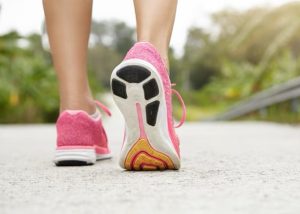
Longevytum in press
En Longevytum, creemos en anticiparnos a los problemas de salud antes de que se conviertan en crisis. Nuestro enfoque preventivo y personalizado nos permite intervenir de manera proactiva, ayudando a nuestros pacientes a vivir vidas más largas y saludables


